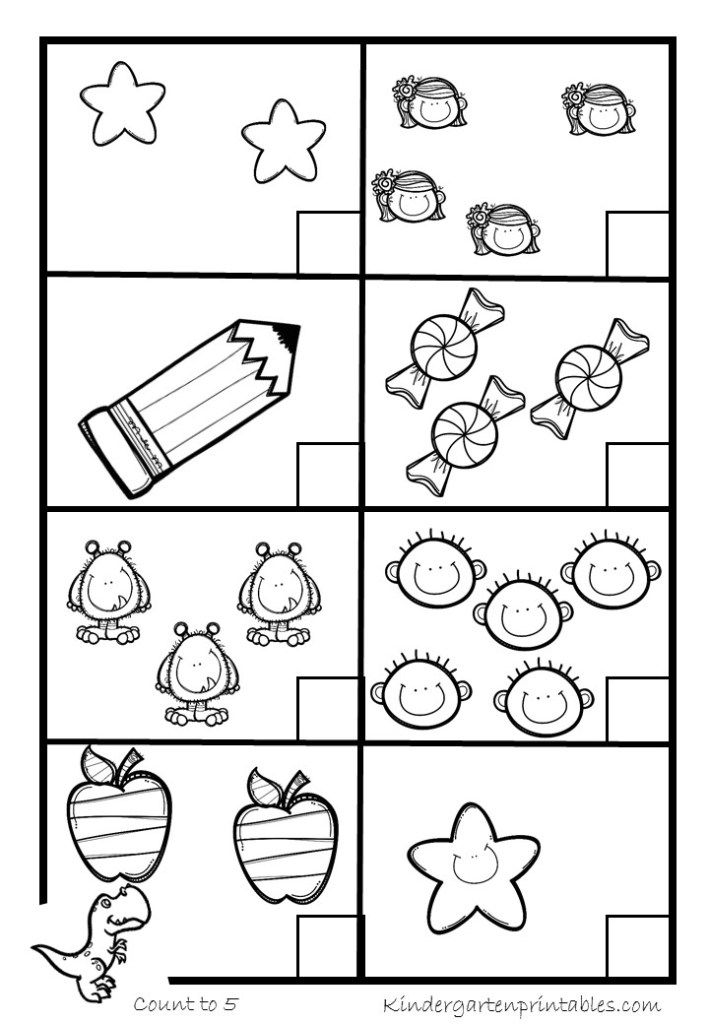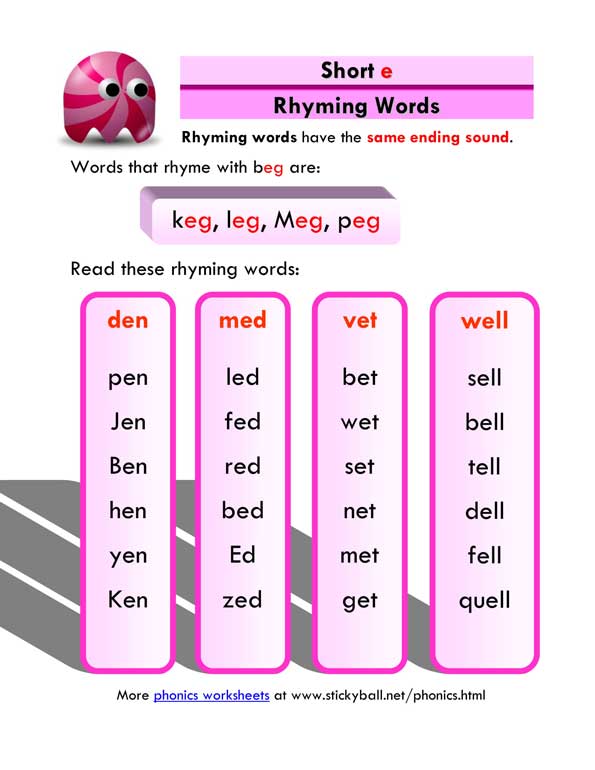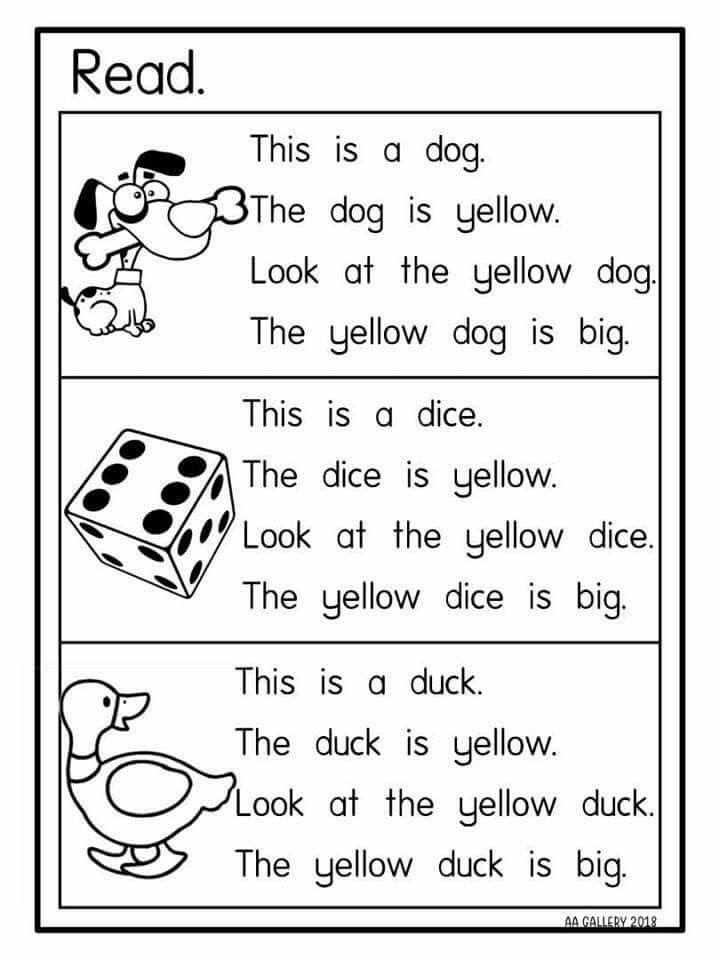Why do cows moo at night
Why Do Cows Moo At Night?
*This post may have affiliate links, which means I may receive commissions if you choose to purchase through links I provide (at no extra cost to you). As an Amazon Associate I earn from qualifying purchases. Please read my disclaimer for additional details.If you own cattle or live near a cattle ranch, you may have heard cows mooing at night and wondered why in the world they are mooing when they should be sleeping. Are they hungry? Are they mad? Are they mooing just to annoy you and wake you up for no reason?
Why do cows moo at night? You will be happy to know, there are a number of reasons that cows moo in the middle of the night and even though it may seem like it, they are not mooing for nothing. Cows moo at night to communicate to the rest of the herd and, often, to protect them from some kind of danger that is lurking in the shadows.
At first glance, you may not be able to figure out exactly what the cows are trying to say, but if you could really see what exactly was happening, you would understand the situation and know precisely why they were mooing.
A vital part of farming or even living near a cattle farm is to understand why cows moo so that you can take note and maybe even resolve a potentially dangerous event from unfolding.
Table of Contents
5 Reasons Cows Moo At Night
Cows moo for a number of reasons and most of them are valid. Even though you might not understand why, cows moo to communicate an important message to you or to other cattle.
1. They feel threatened.
One of the most common reasons that cows moo at night is because they feel threatened, either by a person or predator.
Coyotes, mountain lions, and even wild dogs will use the cover of darkness to attack vulnerable cattle. They typically seek out calves, sick cows or senior cattle because they are the easiest to catch.
Cows that see a predator prowling about will moo loudly to alert the rest of the herd that danger is afoot.
2. They cannot find their calves.
Cows will also moo or bellow at night when they are unable to find their calf. Even if the mother cow has been intentionally separated from its calf by a farmer, the mother cow will not understand.
Even if the mother cow has been intentionally separated from its calf by a farmer, the mother cow will not understand.
The cow will continue to moo for its calf to find it, at least for a few days. Momma cows that are still in a herd with their calves will sometimes ‘misplace’ their own calf throughout the night and will moo to find them. If the calf hears its mother, it will moo back.
3. They are lost.
Throughout the night, trees can fall on fences allowing cows to inadvertently find their way out of a pasture or enclosure. As a cow grazes unchecked outside its home pasture, it may accidentally get lost.
Cattle are herd animals by nature and while they sometimes venture out on their own for short periods, eventually they will want to be back with the rest of their herd.
Lost cows will often moo repeatedly until the rest of the herd guides the cow back with their own collective moos.
4. They are hungry or have found new food.
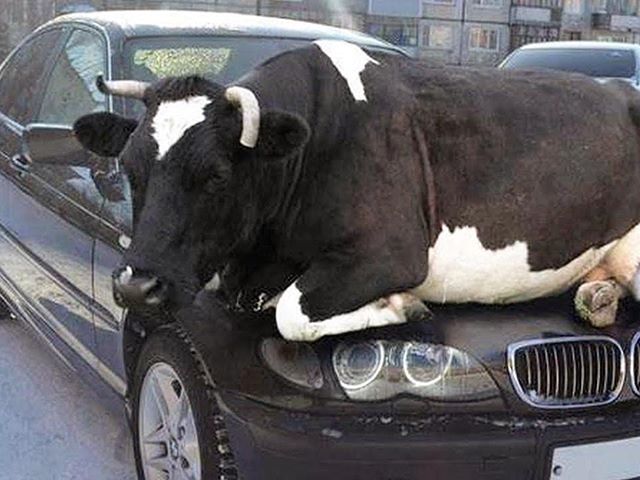
Cows that are hungry will often moo, even in the middle of the night, because they are in distress and looking for food.
Cows learn over time that if they moo incessantly, someone on a big tractor or four-wheeler eventually brings them food.
Cows will also moo when they find food because they are alerting the rest of the herd and they are excited about it, especially when its on the other side of the fence!
5. They are upset, hurt or stressed.
Cows will moo in middle of the night if they become upset, injured or if they feel stressed in some way or another. Perhaps they were moved from their regular herd of friends, or maybe a familiar cow buddy or other animal friend has been moved or passed away.
Cows that are in pain either emotionally or physically will be stressed and upset which will cause them to moo throughout the day and even through the night.
Even though you may not see an injury, a cow can have internal pain that causes it to moo incessantly.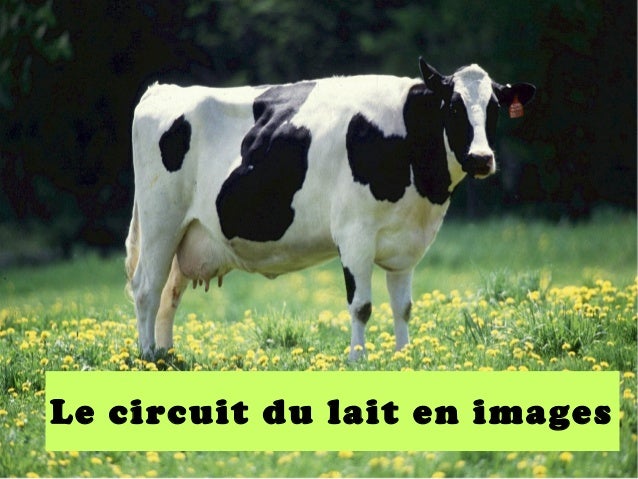
Cows mooing at night superstition
People that are superstitious often claim that when a cow moos at night, it is an omen that someone is going to die. Some says it will be someone in your close circle, but have no fear, cows moo at night for a specific reason, not because they are superstitious.
Are cows very active at night?
Cows tend to be the most active during the day, but if you have ever watched your cows at night or set up a game camera to spot predators, you will know that your cows are rather active throughout the night.
Cows will graze pastures even in the dark, especially if it is rather hot during the daytime. In warm weather, the coolness of the night makes cows more likely graze during that time.
Cows will also be active at night if they are hungry, stressed, or sense a threat from a predator.
Cows are usually not exceptionally active at night, usually opting to rest, however, if cows find their way out of your pasture, you will learn quick that cows can be very active at night in the right circumstance
Can cows see well in the dark?
Yes, cows can see well in the dark! Like horses, cows can see better during the nighttime than we can.![]()
Cows, along with other prey animals, have developed defense mechanisms like night vision in order to survive predatory attacks.
A cow’s eyes can control the amount of light that enters much better than we can, allowing them to see more easily at night than humans.
Ways to keep cows safe at night
There are a number of ways that you can help to keep your cows safe during the night and possibly reduce the amount of mooing you hear after dark.
1. Keep a decent sized herd at all times.
Never leave a cow out in a pasture by itself or with only one or two other cows. A good herd of 5 to 10 or more is ideal for them to be able to protect each other from danger and they will feel safer, possible reducing their desire to moo and bellow. (source)
2. Consider getting a livestock guard dog.
You can also invest in a well-trained livestock guard dog like a Great Pyrenees that can protect your herd from predators like coyotes or wild dogs.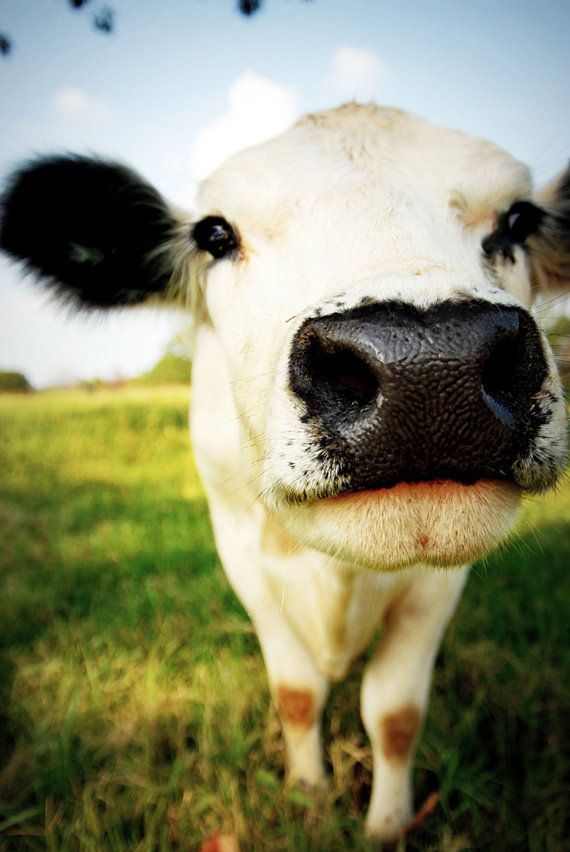
These dogs by nature enjoy protecting a herd of animals and will sleep in the pasture with your cattle or other livestock, fending off any predator that dares to approach their herd.
Fewer predators often equals less mooing throughout the night.
3. Add a guard donkey to your herd.
If you do not want a dog, consider a guard donkey! Yes! Donkeys are well-known for inadvertently protecting livestock by sensing predators and even fighting them off by kicking or biting them.
They might even chase a predator down if they are feeling frisky! While donkeys do not naturally want to protect livestock, they do have a strong desire to protect themselves.
Donkeys will watch for predators that did not get the memo to steer clear of their pasture.
4. Pay special attention to pregnant and sick cows.
If you have pregnant cattle that are nearing the end of their pregnancy, you should consider bringing them closer to your barn or even putting them in a small enclosure near or in your barn.
Cows that are giving birth are easy prey for predators as they cannot defend themselves while they are in active labor and newborn calves cannot run away.
Cattle that appear sick or frail should not be left out in the open pasture at night either. Unwell cows, regardless of their age, make prime targets for predators looking for an easy meal.
How do cows protect themselves at night?
Cows protect themselves at night by sleeping or grazing in a large group with the rest of the herd.
A predator is unlikely to attack a large group of cows, instead opting for the ones that are alone and away from the rest of the herd.
Cows will also kick at, headbutt and run after any predators that get too close the herd, especially if they get near a calf or group of calves.
Final Thoughts
Cows are fun animals to own, but sometimes their intermittent mooing spells can get annoying, especially if they do it in the middle of the night.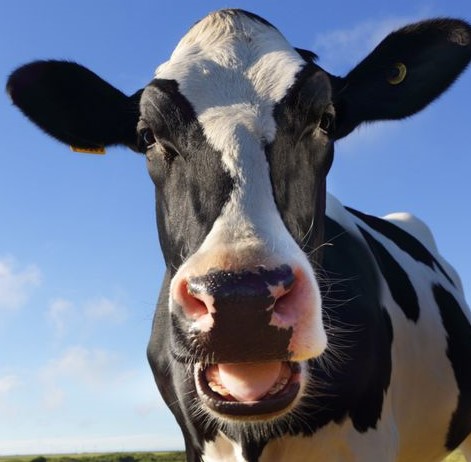 Luckily, if you know the reasons why most cows moo at night, you can often deter or minimize it by making a few minor adjustments on your ranch.
Luckily, if you know the reasons why most cows moo at night, you can often deter or minimize it by making a few minor adjustments on your ranch.
Either way, know that the cows are mooing for a reason and it does not mean that a familial death is imminent. It only means that they are communicating something and, if you want them to stop, you should probably listen.
Why Do Cows Moo at Night? 8 Major Reasons
With the sun setting and the darkness of night creeping in, you may notice that the cows in the pasture next to your house have started mooing. You might be wondering why they are making all that noise when they should be sleeping.
It turns out that there are several reasons for this behavior. Cows are social animals and use vocalizations to communicate with each other. They also have an instinct to protect their calves from predators. Additionally, changes in temperature or barometric pressure can cause cows to moo. Let’s take a closer look at each of these reasons.
1. They Feel Threatened
With their keen sense of hearing, cows can pick up on predator sounds humans cannot hear. This causes them to feel threatened, and they will moo to let the other cows know there is potential danger. Cows will also moo if they see or smell something that scares them. If a cow is separated from the herd, she will moo to try and find her way back.
2. They’re Looking for Their Calves
If mother cows cannot find their calves, they will moo loudly to locate them. The calf will usually respond with its moo so that the two can find each other. Also, if a calf is lost or in danger, it will moo for help.
3. They’re Hungry
Cows have a four-chamber stomach that needs to be constantly filled with food. When they are hungry, they will inform the other cows by mooing. If a cow is not getting enough to eat, she will continue to moo until her hunger is satisfied.
4. They’re Thirsty
Like humans, cows need to drink water to stay alive.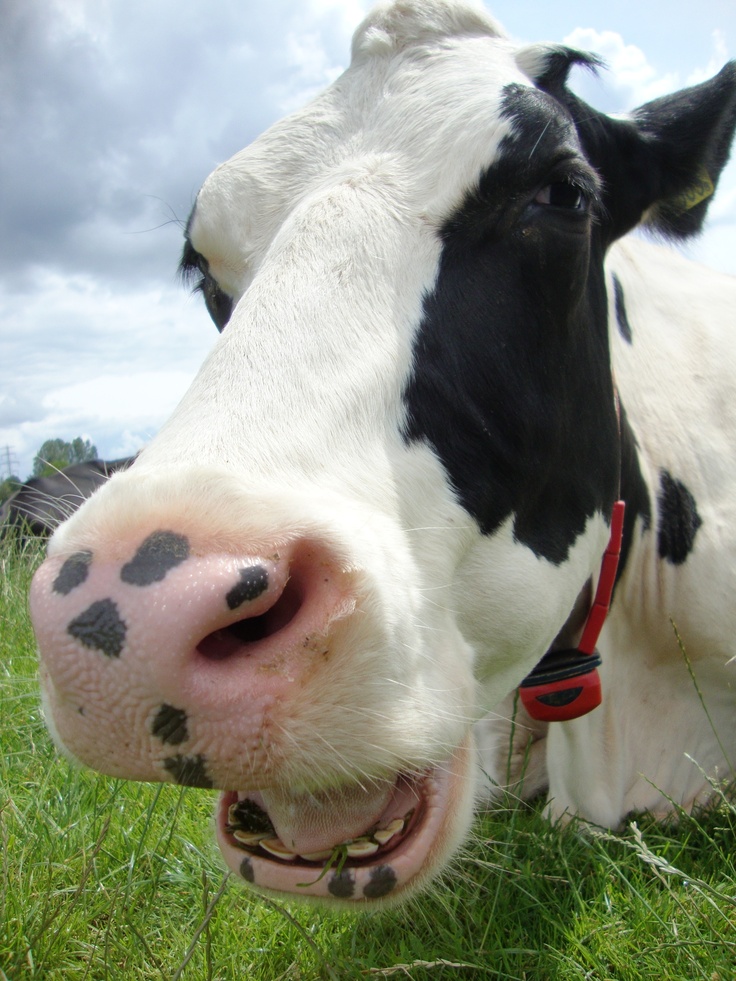 When thirsty, they will moo to let the other cows know and then head to the nearest water source. If a cow cannot find water, she will continue to moo until she does. Furthermore, if a cow is not given enough water, she will stop producing milk.
When thirsty, they will moo to let the other cows know and then head to the nearest water source. If a cow cannot find water, she will continue to moo until she does. Furthermore, if a cow is not given enough water, she will stop producing milk.
5. They Feel Stressed
Cows can easily become stressed with all the hormones coursing through their bodies. When they feel stressed, they will moo to inform the other cows. Additionally, if a cow is not given enough space to roam, she will become stressed and mooing. You might see this behavior if there is a cow in a small pen or if there are too many cows in a pasture.
6. They’re in Pain
Sick cows will moo to let the other cows know when they are in pain. This is usually due to an injury or illness. If a cow is limping, you will likely hear her mooing. Additionally, if a cow is giving birth, she will also moo from the pain. You might also hear a cow mooing if she has just been vaccinated or is experiencing discomfort.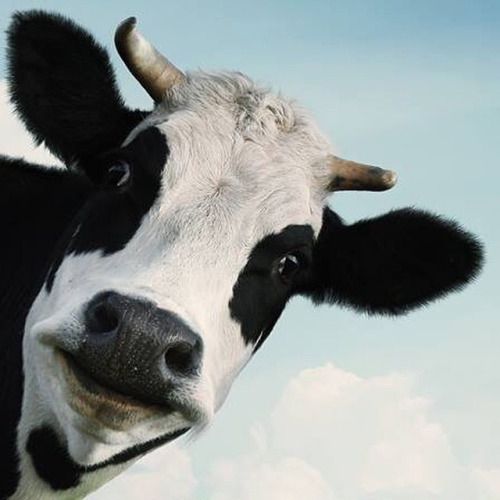
7. They’re Trying to Cool Off
Cows are sensitive to changes in temperature and will moo when it gets too hot or cold. When the temperature rises, cows will moo to let the other cows know and then head to the shade to cool off. Similarly, cows will moo to let the other cows know when the temperature drops and then huddle together for warmth.
8. They’re Trying to Get Your Attention
Cows are curious creatures and will often moo when they see something new. For example, if you are walking near a pasture, the cows might start mooing to see what you are up to. Additionally, cows will moo when they want your attention. This might be because they are hungry or thirsty and want you to give them food or water. It could also be because they want you to pet them or scratch their backs.
FAQs
1. Do Lost Cows Moo?
Yes, lost cows moo. They often moo more loudly than usual to find their way back home. Also, they moo for various reasons, including communicating with other cows, expressing excitement or happiness, indicating hunger or thirst, and even asking for help when sick.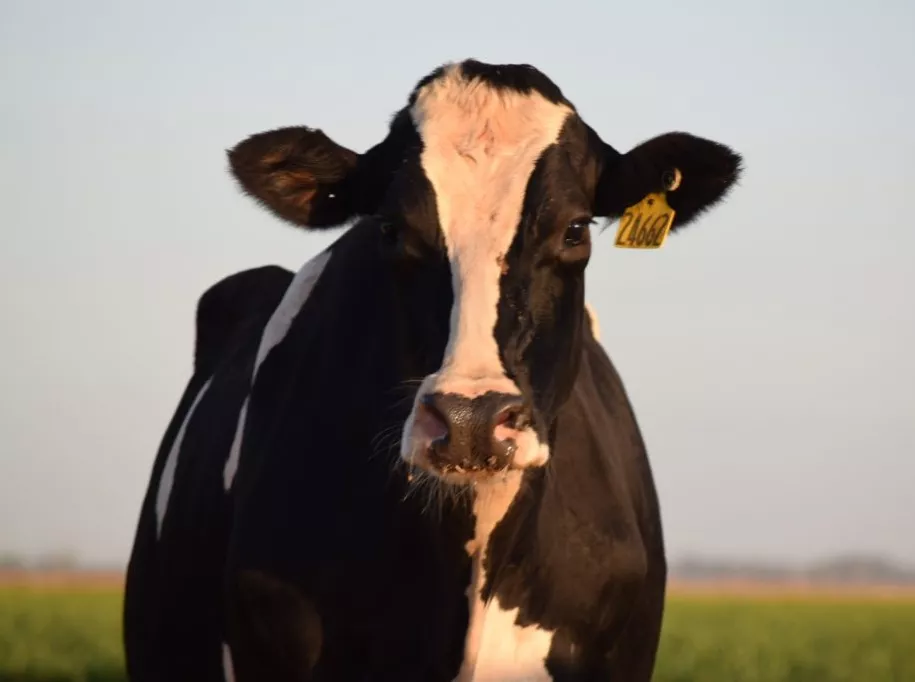
2. Why Is There Heard Cows Mooing at Night?
As herd animals, cows are social creatures that live in groups. They communicate with each other using a variety of vocalizations, including mooing. The night cows’ moos are for many reasons, such as to express excitement or happiness, ask for help when sick, or simply to let the other cows know where they are.
3. Do Cows Moo Due to Prey Animals?
With their large size and gentle nature, cows are not usually prey animals. However, they may moo due to predators, such as lions, wild dogs, or tigers. This is likely a way of communicating to the other cows in the cattle ranch that there is danger nearby. Also, the cow moos to signal the cattle farmers about predators.
Conclusion
With all of the reasons cows moo at night, there is one common denominator, they’re trying to communicate. Whether it’s to express pain, hunger, or just a desire for companionship, cows mooing at night are simply trying to talk to us.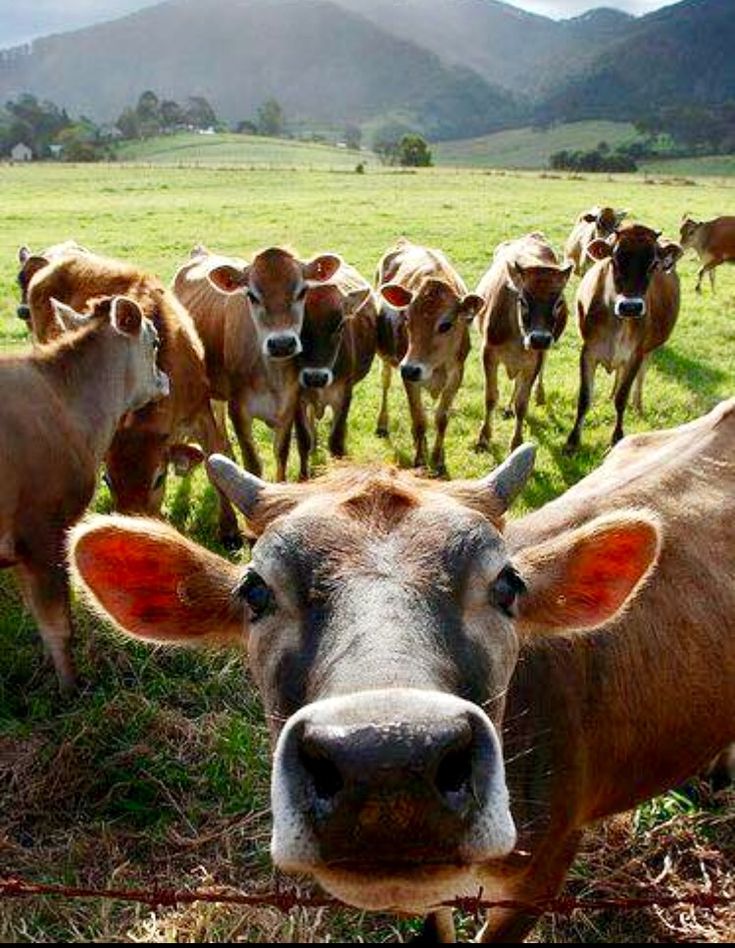 So, the next time you hear a cow mooing in the middle of the night, don’t be alarmed; she’s just trying to have a conversation.
So, the next time you hear a cow mooing in the middle of the night, don’t be alarmed; she’s just trying to have a conversation.
What do cows talk about when they moo?
Author: Rosamund Young
Many students and farmers have always wondered how to learn to distinguish between different types of lowing. After a few conditional lessons or clarifications, some take pride in understanding the importance of certain types of lowing and making the right decisions based on that. Cows moo for a variety of reasons, and sometimes for no (obvious) reason.
One day a man who had been with us for a very short time ran into the kitchen and said that the cow was mooing very loudly and excitedly. He asked me to go with him and find out what was wrong. If we rushed out of the kitchen, my cookies would burn. I made him describe the cow in detail, in detail, in order to understand exactly what kind of cow it is and what kind of lowing. I reasoned that she was not worried, but only temporarily lost sight of the calf.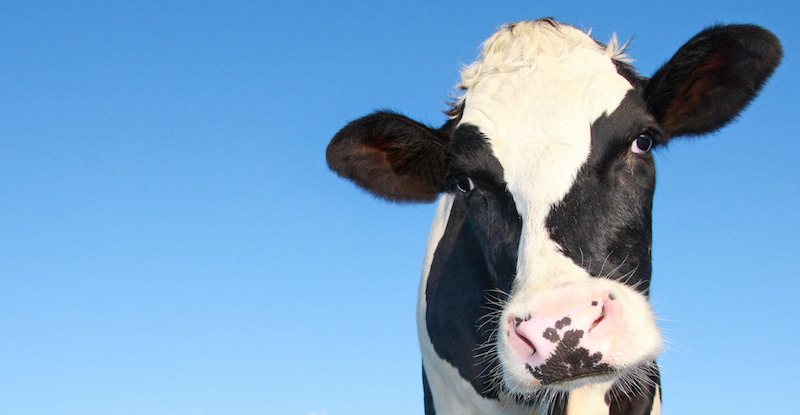 I described the calf to him and he reunited it with the cow.
I described the calf to him and he reunited it with the cow.
As I said, cows moo for various reasons: fear, distrust, anger, hunger or suffering. Each cow has its own way of asking questions - either with a look or with a strange low moo.
One very cold February night, I was awakened from a deep tired sleep by a cow moo. It wasn't a hum of annoyance or boredom; it didn't mean hunger or pain. It was a bellow of absolute determination. The determination not only to wake me up, but also to get me out of bed and force me to go outside immediately. I didn't know then that it was Araminta. I just knew that I had to hurry for her sake and for the sake of not waking up the whole family.
I grabbed my bathrobe and groped down the back stairs, reached the basement, pulled my rubber boots on my bare feet, found it was raining, grabbed my mac and ran up the stairs, trying to zip up and find my way through the bushes along the way . Araminta was still mooing. I wanted her to stop mooing more than finding a flashlight, so I followed the noise. It was very, very dark. Speaking kind, caring words, I determined by touch who she was, and that her udder was full of milk. I directed her to the pen in the hope that she would stop mooing as soon as the pressure in her udder was relieved. As we walked I knew that her son Don (in memory of Sir Donald Bradman) must be ill or dead because he hadn't had milk all day. I also knew that her shrewd lowing was not only because she was uncomfortable, she wanted me to help her son, since she herself could not.
It was very, very dark. Speaking kind, caring words, I determined by touch who she was, and that her udder was full of milk. I directed her to the pen in the hope that she would stop mooing as soon as the pressure in her udder was relieved. As we walked I knew that her son Don (in memory of Sir Donald Bradman) must be ill or dead because he hadn't had milk all day. I also knew that her shrewd lowing was not only because she was uncomfortable, she wanted me to help her son, since she herself could not.
After I milked and fed her, I took a flashlight and explained that she should show me where Don was. Sometimes our cows think that we are very smart, they know everything, and they are wrong. After I opened the paddock door and released Araminta, she remained where she was. I was afraid that she would start mooing again to remind me to find her son. I pushed her in one direction quite confidently, as if I knew where we were going. She followed my instructions faithfully. After 50 yards I stopped.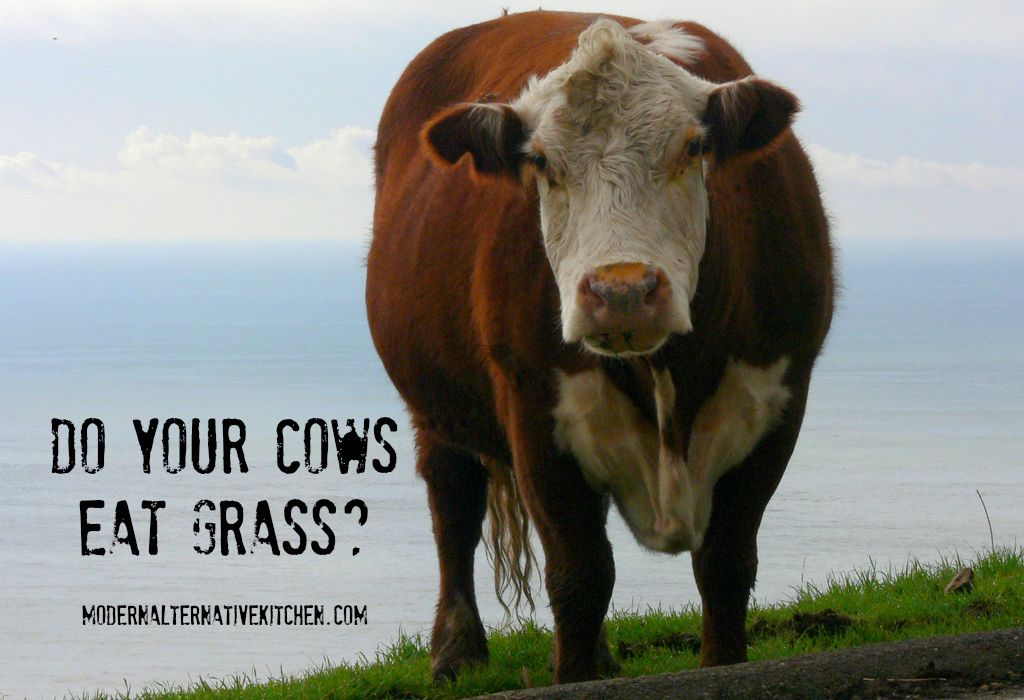 She stopped. I carefully unfolded it and pointed it back to where we came from. This made her realize that I had no idea where we were going, she turned and moved in the right direction at double speed. I followed her.
She stopped. I carefully unfolded it and pointed it back to where we came from. This made her realize that I had no idea where we were going, she turned and moved in the right direction at double speed. I followed her.
We found Don across three fields. He stood, but looked very pathetic. He was very "puffed up", in such circumstances, death can be sudden. He didn't want to move, but I made him go home, his mother walking beside him. When we got to the yard, I put him in the cattle hutch to keep him still, and took the long rubber tube we kept for such occasions. Opening my jaw with my left hand, I gradually lowered the tube into the esophagus and into the stomach. Holding the end of the tube in my right hand, I massaged the left side of my abdomen until the entrapped air was finally released.
Although I saved Don that night, he and his smart old mother snuggled up on the straw, his problem recurred. With the approval of the vet, I repeated the same steps from time to time, but eventually it became necessary to have a minor operation.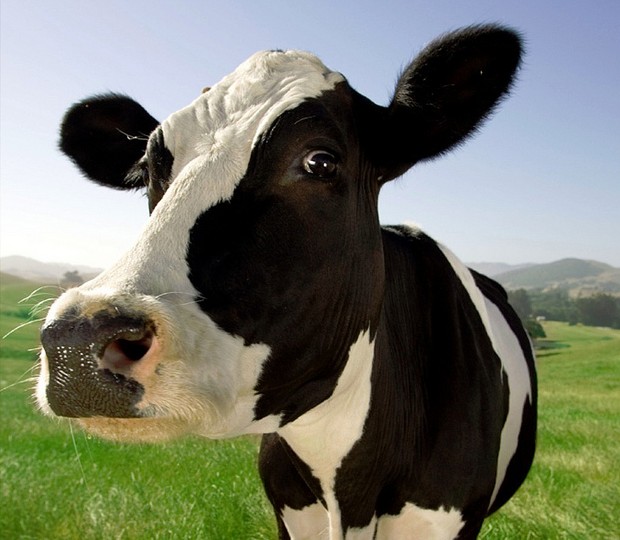 Almost two months later, Don did indeed make a full recovery. Oddly enough, he seemed happy throughout his ordeal: when he was in discomfort, he stopped eating and drinking, but did not seem upset, and only a few minutes after the treatment, he again ate and drank as if nothing had happened.
Almost two months later, Don did indeed make a full recovery. Oddly enough, he seemed happy throughout his ordeal: when he was in discomfort, he stopped eating and drinking, but did not seem upset, and only a few minutes after the treatment, he again ate and drank as if nothing had happened.
From the book The Secret Life of Cows
Joint project of the Lingvopand Club and LL editors
other sounds, this also applies to cows, whose sounds in Russian are called lowing. Anyone who has ever heard the sound of a cow moo will say that it does remotely resemble "mu", but the letter "m" is not obvious in this sound.
Material content
- 1 Why the sound of a cow is called a moo
- 2 Why cows moo
- 3 All cows sound different
Why the sound of a cow is called a moo
it is bull and peep . In Slavic languages, the word bukat means just to mumble or roar. Of course, many centuries have passed since the use of the original meaning of this word, and now few people know that the word bull is based on the verb to roar.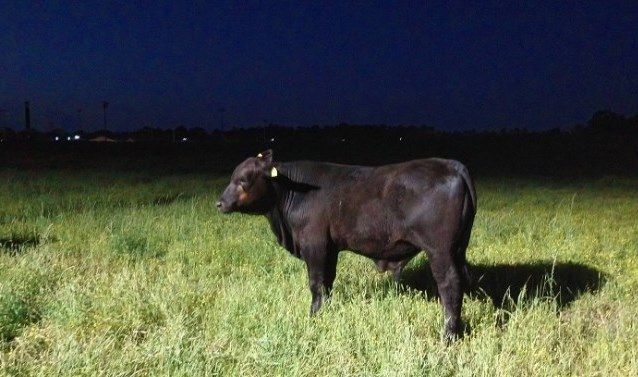 As for the cow, it will help to understand this word in other languages.
As for the cow, it will help to understand this word in other languages.
- So, in Latin she mumbles - mugire
- In German - muhen
- In Lithuanian - mukti
And so it is in a number of languages of the Indo-European group. All these words came from imitating the sound that a cow makes - mooing. In all of them, lowing begins with the syllable "mu", and in Russian for some reason with "we".
In principle, it is known that different peoples often represent animal sounds in different ways . Sometimes they are even very different. For example, in German, a dog says "cliffclough", which bears little resemblance to the Russian "woof".
But the sound of cows is different. Mooing turned into lowing due to the phonetic change of the letter "u" to "s". This explains why the sounds made by the cow in the Russian language began to be called mooing, although they are heard more like tormenting.
Why cows moo
Now it's time to figure out when and why they make sounds. Do I need to worry at this moment or is it just a way of communication that you don’t have to pay attention to. Of course, a cow, like any other animal, can make sounds just like that. But there are cases when this happens for certain reasons that are worth listening to.
Do I need to worry at this moment or is it just a way of communication that you don’t have to pay attention to. Of course, a cow, like any other animal, can make sounds just like that. But there are cases when this happens for certain reasons that are worth listening to.
For example, lowing can be tied to the sexual cycle. In cows it lasts about twenty-one days , and in females left uncovered, it will continue every twenty-one days throughout the year. It is perfectly normal for a cow to be restless during sexual activity, to moo more often, lift her tail and show other signs of restlessness and activity. If this behavior of the animal normally fits within the prescribed time frame, then there is nothing to worry about - this is its normal behavior.
If such behavior, including mooing, is repeated too often, then it is worth taking a closer look at the animal - there are individuals with nymphomania, in which sexual activity occurs almost constantly, with interruptions for a maximum of three days.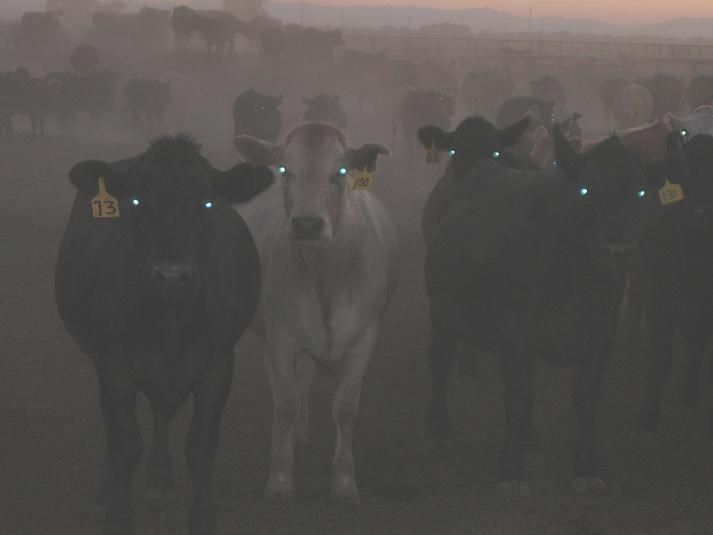 By the frequency of the sounds made by the animal at this time and the rest of its behavior, one can draw conclusions about how healthy the animal is, and even predict the possible offspring and milk yield from a particular given individual.
By the frequency of the sounds made by the animal at this time and the rest of its behavior, one can draw conclusions about how healthy the animal is, and even predict the possible offspring and milk yield from a particular given individual.
In addition to sexual activity, there may be other causes of lowing:
- Expression of emotions
- Communication with the rest of the herd, for example, they often make sounds when they first go out to pasture in the morning
- Communication with the calf or screams, quite alarming if the mother loses sight of the calf
- Reaction to the bull, especially during the heat of the hunt. Then even the calmest females begin to roar often and loudly
- If the heifer has not been milked for a long time. Her udders are full and she will attract the attention of the owners by making sounds
- Reaction to something new or strange for the animal, expression of concern
- Feeling unwell, hungry or thirsty - then the animal will moo more heavily or plaintively.
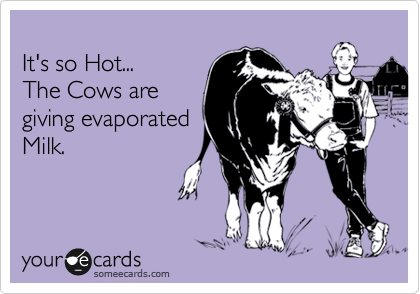
- They bellow, fighting off something annoying, for example, horseflies
If the heifer bellows as usual and there is nothing to worry about, just don't pay attention. But, if the sounds made by the animal seem strange, changed and disturbing, or she screams incessantly, should pay more attention to the animal and understand if everything is fine with him.
If the problem is that the animal has not been fed or watered for a long time, this must be corrected. If she screams because she was forgotten to be milked, you need to take action. During sexual hunting, the female must be sent to the bull or inseminated. If a cow is ill, everything necessary must be done to treat it and calm the animal. In each case, you just need to understand what happened and make the cow calm down.
All cows sound different
The sounds made by a heifer are always called mooing or roaring, but an experienced farmer will say that each of them mooes differently and even the mooing of one cow can vary greatly.

